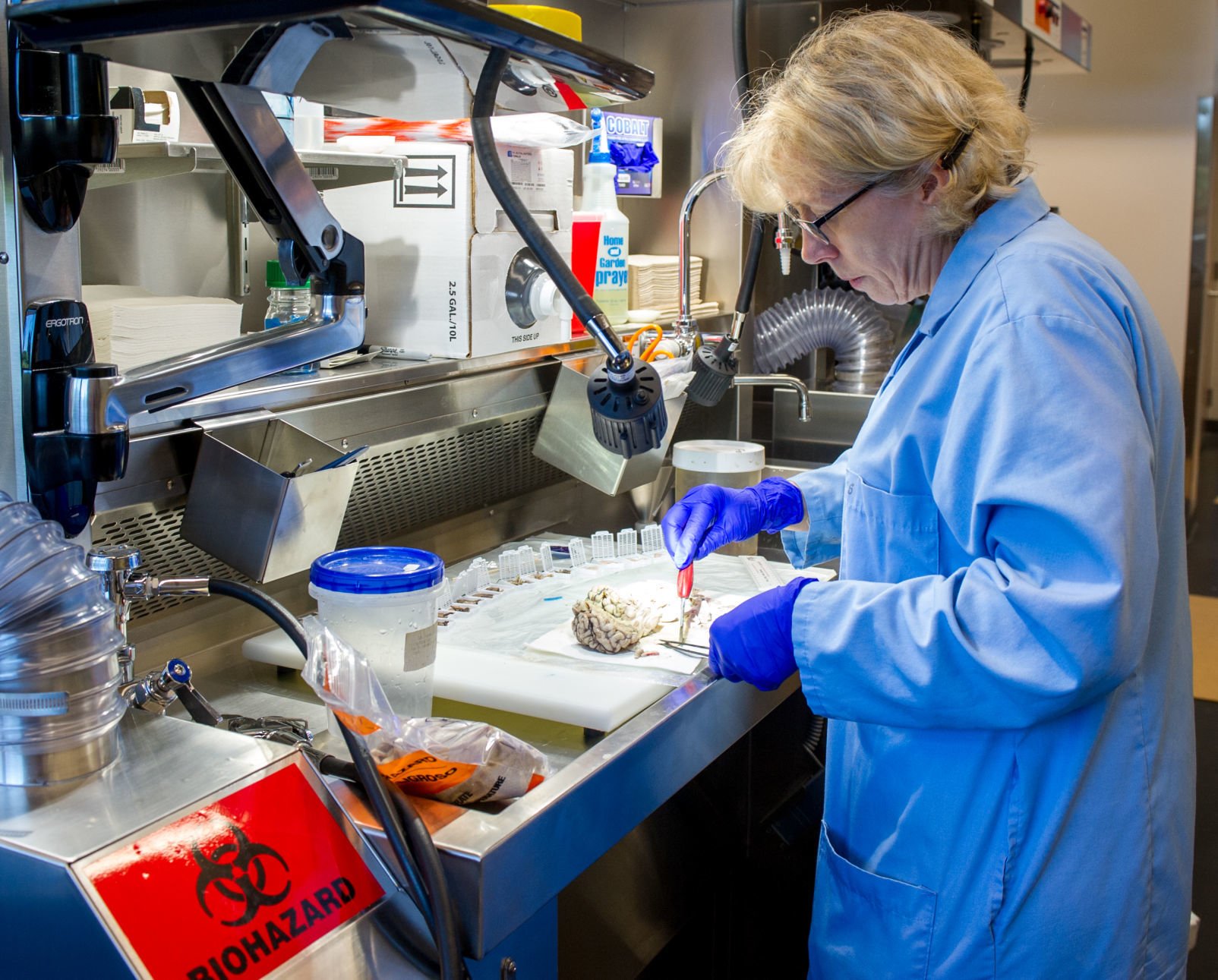Everything You Need to Know About Veterinary Testing Centers for Veterinary Professionals with Expert Insights
Everything You Need to Know About Veterinary Testing Centers for Veterinary Professionals with Expert Insights
Blog Article
Many pet owners aren’t aware of how essential veterinary labs are to their animal’s health journey.
From routine screenings to emergency diagnostics, veterinary labs help uncover hidden health issues, confirm diagnoses, and track treatment progress.
Whether you’re a pet parent searching for a “veterinary lab near me” or a veterinary professional looking for top-tier lab partners, this guide will provide expert insights and practical tips.
Understanding Veterinary Labs
A veterinary laboratory is a specialized facility where biological samples from animals—such as blood, urine, feces, or tissue—are analyzed to detect diseases, monitor health, and guide treatment plans.
Some focus on general diagnostic testing for common pets like dogs and cats, while others handle specialized species, such as exotic animals, horses, or livestock.
Regardless of size or setup, these labs play an essential role in helping veterinarians diagnose conditions early, tailor treatments, and monitor recovery effectively.

Common Tests Performed in Veterinary Labs
Routine blood tests, such as complete blood counts (CBC) and blood chemistry panels, provide insights into organ function, immune response, and general wellness.
For more specialized diagnostics, veterinary labs offer cytology (examining cells under a microscope), biopsies, hormone level testing (such as thyroid or cortisol), and infectious disease panels.
Whether a veterinarian is confirming diabetes, diagnosing cancer, or screening for zoonotic diseases, a laboratorio veterinario 24 horas reliable veterinary lab ensures the right data is available for informed decisions.
Finding the Best Local Veterinary Diagnostic Lab
Searching for a análise laboratório veterinário “veterinary lab near me” can feel overwhelming, but a few strategies can simplify the process.
Reading reviews and checking for specific services (like 24-hour diagnostics or exotic animal testing) can also help narrow your search.
Choosing the right local lab ensures quick turnaround, reliable results, and peace of mind.

Choosing Between Standard and 24-Hour Veterinary Labs
Not saiba mais aqui all veterinary labs operate the same way.
If your pet is facing a life-threatening condition—such as sudden collapse, poisoning, or acute trauma—a 24-hour lab can deliver rapid results needed for immediate treatment.
Discuss with your veterinarian which lab setup best suits your pet’s needs.
Why Veterinary Diagnostics Matter for Your Pet’s Health
Veterinary diagnostics are the backbone of modern animal healthcare.
For preventive care, routine lab work helps catch issues before symptoms appear.
This partnership between lab, vet, and pet owner is what keeps animals healthy and thriving.
Final Thoughts on Veterinary Diagnostics
In today’s world, ensuring your pet receives top-quality care means partnering with the right veterinary laboratory.
The combination of expert veterinary care and reliable diagnostics is what keeps pets healthier, longer.
With the right partnerships in place, you’re giving your pet the best possible chance at a happy, healthy life.
Common Questions About Veterinary Labs
What does a veterinary lab do?
A veterinary diagnostic lab analyzes samples from animals (like blood, urine, or tissue) to detect diseases, monitor health, and guide treatment plans.
How do I find a veterinary lab near me?
You can also search online directories or check with veterinary associations to find accredited labs in your area.
What emergencies require urgent lab testing?
If your pet experiences sudden, severe symptoms—such as collapse, poisoning, or acute injury—a 24-hour veterinary lab can provide rapid diagnostics to support emergency treatment.
What can veterinary lab tests detect?
Common tests include blood counts, chemistry panels, hormone levels, infectious disease screening, urinalysis, fecal exams, cytology, biopsies, and genetic testing.
What should I expect to pay for pet diagnostics?
Routine bloodwork may range from $50–$200, while specialized or emergency tests can cost more.
Report this page